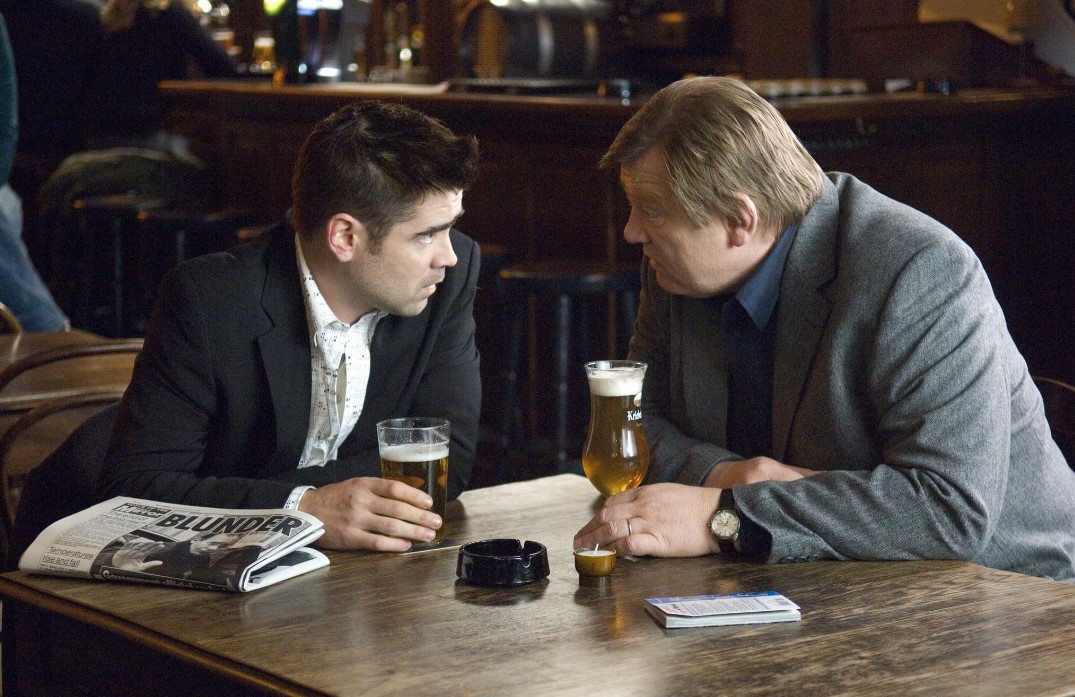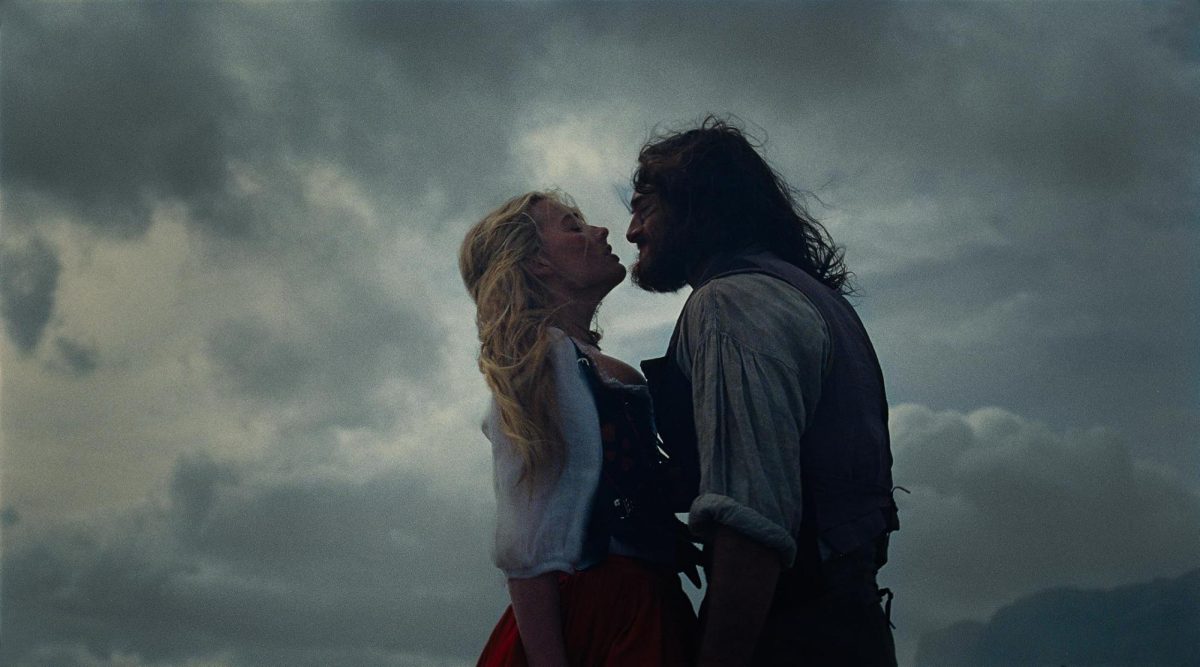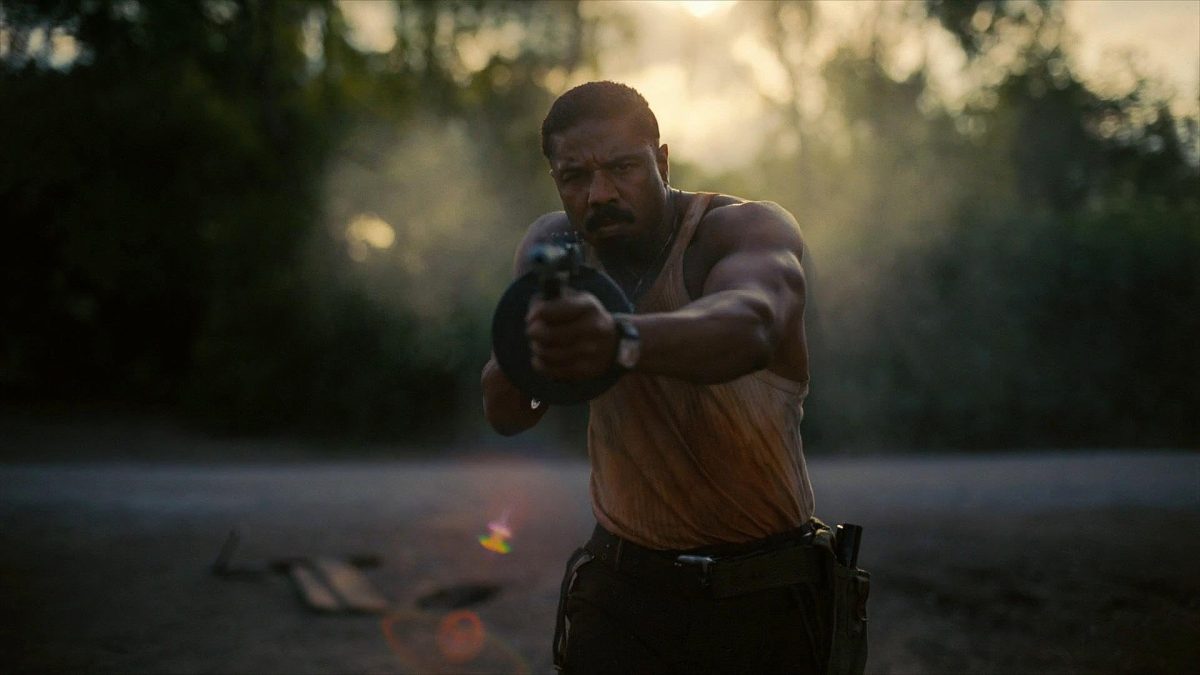When I think of the “holiday movie,” my mind usually jolts straight to something like “Home Alone” or “Elf,” movies rich in vibrant greens and reds, frosty snow as far as the eye can see and angelic lights emanating from the houses and streets of metropolitans and suburbs alike.
By those metrics, “In Bruges” does not really fit in the tradition of those other holiday classics. Certainly, Martin McDonagh’s 2008 debut feature does take place during the holidays, though its particular brand of despair and ruminative pondering make it a strange choice alongside such warmer and totemic films.
Nevertheless, I do consider “In Bruges” among the same celebrated canon of holiday classics, and maybe the only film I’ve seen to so precisely nail the unique kind of sadness and anxiety that I feel is equally as pervasive during the season.
“In Bruges” follows hitmen Ray (Colin Farrell) and Ken (Brendan Gleeson). After Ray accidentally kills a bystanding child when performing a contract on a priest during confession, the two are sent to the Belgian town Bruges to hide out and wait for further information.
Almost immediately, we get this feeling that Bruges exists as a kind of purgatory for the characters.
Get The Daily Illini in your inbox!
During the day, the city is cast in a winter-like grayness. Partly cloudy skies paired with shedding trees and gothic, brown architecture give the entire atmosphere this storied feeling.
At night, harsh, almost chiaroscuro-lit streets bathed in yellow illuminate flakes of snow highlight the stone-like rigidity of the gothic structures. At once, this tourist-like spot has transformed into something out of a romantic painting.
Like a sparse church at night, there is something beautiful if also unsettling about this setting.
Considering Christmas is a Christian holiday, the setting of Bruges works as a kind of subtext that only deepens the film’s intentions. Recalling the dominant Catholic identity of Medieval Era Belgium, the foregrounding of the characters in this space suggests a kind of judgment by the town and its history.
Like all the best holiday movies, “In Bruges” is interested in the idea of rebirth and judgment. Ray has come to this city after failure in the most horrific of senses. In the city, he is forced to look into his past and consider what he wants his future to be.
As the plot of the film advances, we feel the tension in Ray’s character as he considers the possibility that he may die in Bruges. Whether from his own guilt or from another assassin coming to tie up loose ends, Ray’s journey to accept his own complicity in his mistakes and understand that he has agency to change the direction of his life furthers this idea of this time as a kind of purgatory.
For me, there has always been a kind of anxiety present during the holiday season; that feeling as we take stock of the past year and really consider all that we have achieved against all that we want to.
Moreover, looking at the year ahead, that worry of what is to come alongside the thrill of the anticipation makes the holiday season this kind of breeding ground for these more existential fears.
“In Bruges” realizes that Christmas can’t be all gifts under the tree and holiday hams. Behind the gloss and rainbow-colored sheen, we are left with only ourselves. Once the sun sets in the midafternoon and the cold chill in the air creeps into your living room, what is it you really are going to think about?
Nevertheless, though “In Bruges” is a rich depiction of Christmastime as this melancholy portrait of self-reflection, it is not all dour musings of abstract philosophies.
The biting script from McDonagh employs black humor and a pulsating wit to great effect making it so that the film is always entertaining and engaging. It strikes the perfect balance between comedy, drama, action and theme, making it feel like an authentic exercise in deconstruction.
How the film deals with tourism and holiday attractions is also relatable and insightful. Left in the city with no sign of when they can leave, Ken wants to spend his time exploring. He goes on canal rides, walks around Bruges and visits museums.
Ray, on the other hand, wants none of it. One scene in particular sees the duo checking out a local art museum. They look through different scenes depicting death, punishment and morality before reaching Hirenoymous Bosch’s “The Last Judgment.” A triptych showcasing this sprawling and visceral depiction of the apocalypse during Judgement Day, the two comment on the painting’s themes.
Ray talks about judgment and the difference between hell and purgatory, looking a little disturbed by the content of the portrait, before asking Ken if he believes in all of that.
“No,” Ken responds. If darkly funny and also a satisfying manifestation of the film’s internal themes, the scene succinctly and devastatingly explores the intersection between the commerce of tourism and how we can bring our own baggage and reflection and transpose it onto the places we visit.
The soundtrack by Carter Burwell only adds to the film’s contemplative tone. Composed primarily on the piano, the score feels distinctively dark, yet enticing, helping to transmit the sadness central to the movie in effectively powerful swoops.
To me, “In Bruges” is a powerful and beautifully realized description of the holiday season as a kind of purgatory. As a middle ground between a year gone and a year to come, the film recalls the kind of melancholy that fills the gap between hours of holiday cheer.
The film’s black humor juxtaposed against its deftly written discussions of the meaning of life, redemption and rebirth all set against the backdrop of this picturesque and hallowed Medieval setting work to ingeniously synthesize undeniably devastating philosophies into pulse-pounding entertainment.
Though it may not be a Christmas movie in the truest sense of the word, for my money, “In Bruges” is maybe the one movie to truly get at the heart of what the holiday season really feels like.









